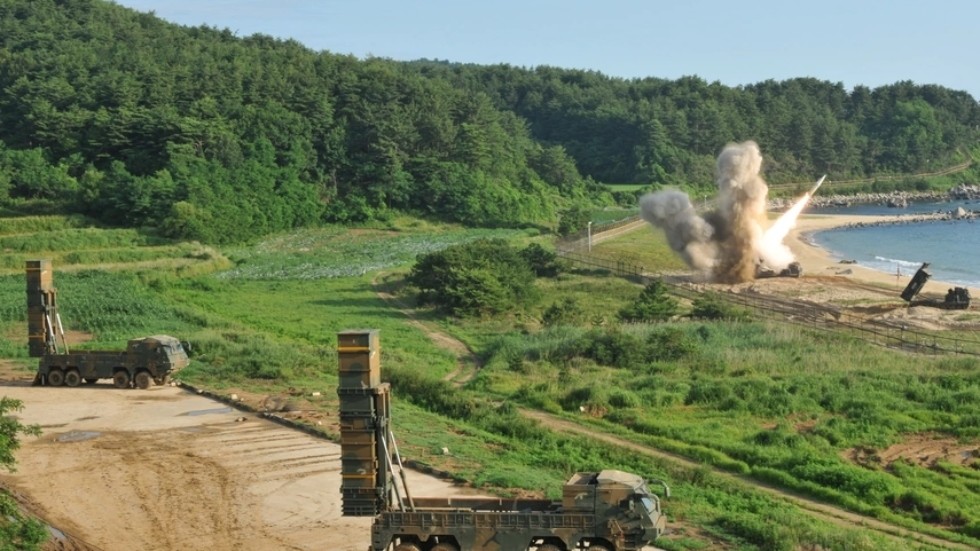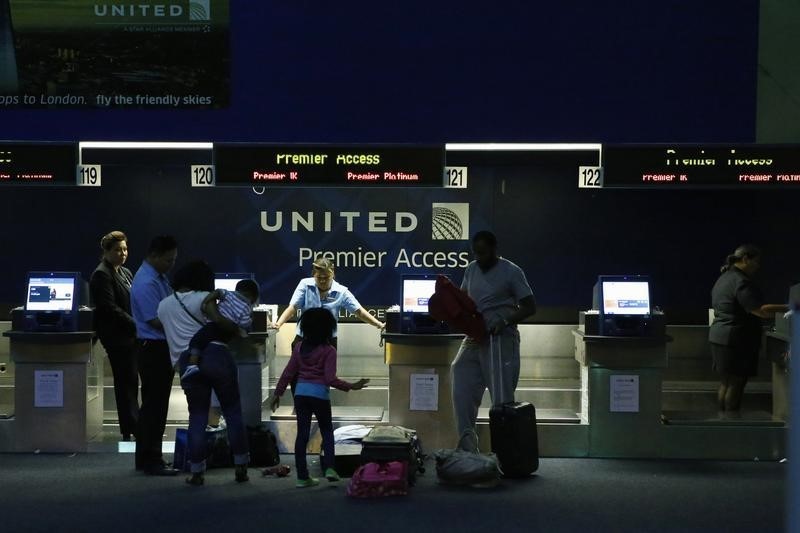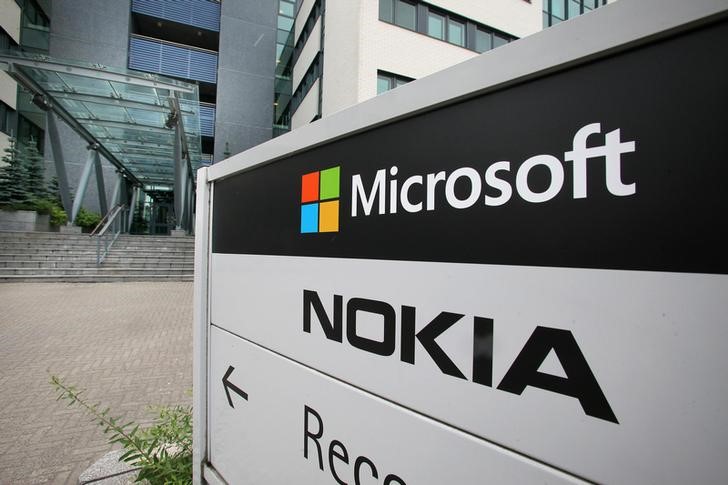Germany has a reputation in India more as an economic player than a significant weight in global or even regional politics. In her meeting with the visiting German Chancellor Olaf Scholz, Indian President Draupudi Murmu confirmed this impression by first highlighting Germany’s role as India’s largest trade partner in Europe and one of its top investors. She also referred to Germany as India’s second-largest development cooperation partner.
President Murmu then noted Germany’s importance to India as a destination for Indian students and researchers, especially those of science and technology – a role that Germany has served for well over a century. It is also worth remembering in this context that Germany was the partner country in the building of IIT Madras in 1959, supplying both financial and technical assistance.
The Indian President also referenced one of Germany’s longest historical connections with India – that of German Indology – though she left unstated the fact that many of the earliest Indologists had landed in India for Christian missionary work.
Finally, President Murmu spoke of the political glue of contemporary India-Germany bilateral ties, namely their shared democratic values, commitment to rules-based international order and multilateralism, and a desire to reform multilateral institutions. India and Germany, along with Brazil and Japan, have previously lobbied together for permanent seats on the UN Security Council in an unsuccessful attempt at reforming that body to reflect post-Cold War economic and political realities.
In his meeting with the German Chancellor, Indian Prime Minister Narendra Modi highlighted India’s connections with Germany in the reverse order from President Murmu. Even so, there was clear focus on the economic side of things, with references to the business delegation that accompanied Scholz and the ‘Make in India’ and ‘Aatmanirbhar Bharat’ campaigns.
More interestingly, and perhaps more importantly, there was a mention of the political and international strategic components of their ties.
The prime minister specifically referred to the Triangular Development Cooperation, aimed at supporting development in third-world countries. Given the shortfall in India’s technical, economic and diplomatic capacities, it makes sense for New Delhi to join forces with significant partners – as it has with Japan – for international development projects. Germany and India currently have four projects underway since May 2022 in Cameron, Malawi and Ghana in Africa, and in Peru in Latin America.
All the same, the hard security issues are what need to be addressed if India-Germany ties are to have any long-term impact. The Russian invasion of Ukraine is a shared concern, though to varying degrees. Prime Minister Modi, however, tried to acknowledge the importance to Germany of this issue by referring to it directly in his welcome remarks for Scholz.
But there is another topic that the two countries need to discuss and get on the same page on – China. There is already a fairly strong conversation on the subject underway between the foreign policy establishments of both countries. Germany, however, has been hamstrung by differences of opinion and approaches within its government.
Scholz was the first German leader to visit China after the Communist Party’s (CCP) 20th Party Congress late last year. He did so with a large business delegation and, in the timing of the visit, appeared almost too eager to reach out to CCP General Secretary and Chinese President Xi Jinping at a time when both US-China and India-China relations are at a low point.
Scholz’s priorities were no doubt economic ones, in addition to the Russian invasion of Ukraine. Beijing has, however, so far chosen to side with Moscow for all practical purposes, thus indirectly supporting the Russian challenge to European security and order.
If the German chancellor thinks he can win the Chinese over, he clearly misunderstands China’s intentions and the nature of its political system. For India, this German approach complicates matters. New Delhi can no longer afford to have its partners engage in half measures or stay neutral in the face of Chinese provocations.
While the Europeans might point to India’s unwillingness to side with them against the Russians, the two issues are not the same. Europe, and Germany especially, engaged deeply with Russia until the Ukraine invasion. The current disengagement costs the Europeans considerably less than India would have to pay for decoupling from Russia.
European, including German, disengagement is largely economic in nature, given the American security umbrella that they enjoy as part of NATO. India has no such luxury and unlike the Europeans is engaged in ongoing physical standoffs along parts of the disputed boundary with the Chinese.
As important as economic ties are, therefore, New Delhi will increasingly need its partners to walk the talk on shared values and commitment to international law by taking stronger positions on Chinese provocations and other issues of concern to India.
Download The Mint News App to get Daily Market Updates.
More
Less
















